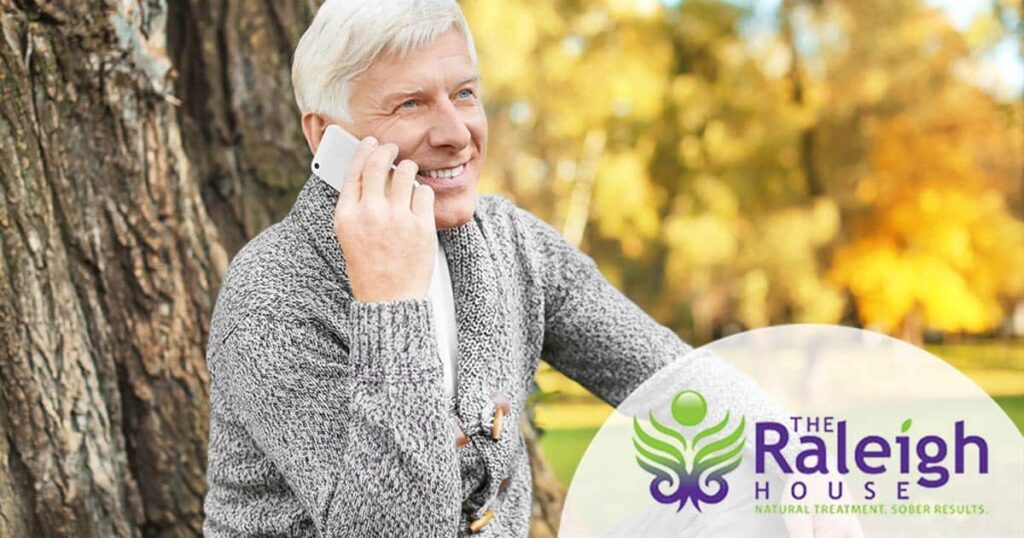
The thing you have wanted most in the world has finally happened: Your loved one has decided to go to rehab.
That makes you feel great, but—if you’re like most people—you may still feel anxious, worried and fearful. And you’re probably wondering what you can do to make sure your friend or family member gets better.
The thing is, what you don’t do is just as important at this time.
How to Help Someone During Rehab: What Not to Do
This is the first time—in probably a very long time—that you know your loved one is in good hands. You are not a doctor, therapist, nutritionist or nurse. Take a step back and let the professionals you hired do their job.
Another no-no is to dwell on the past or even to focus on the future. When you talk to your loved one, don’t bring up ways in which you feel you may have been wronged or hurt in the past.
On the flip side, you should also restrain from looking too far into the future. Don’t talk about going back to school, finding a new job or getting in better financial shape.
What that leaves, of course, is the present—which is exactly where your loved one should be focusing. Keep your conversation light. Be supportive with your tone. While you certainly can—and should—ask how things are going, don’t probe or press too hard for details.
How to Help Someone During Rehab: What You Should Do
Addiction is often called a family disease—and that’s because of how deeply it affects anyone in a relationship with the person battling addiction.
Now that your loved one is in rehab, you have the chance to work on yourself. Start with the basic things that may have been lacking in your life due to all of the stress you were under. Get enough sleep, spend time doing things you enjoy and take care of yourself.
Finally, take steps to get as educated as you can about addiction. Attend support groups like Al-Alon or Nar-Anon if you find them helpful. Read books. Seek the support of people who have been in your situation.
You’ll come to understand that addiction is a disease that must be managed continuously; not “cured” or “fixed” at rehab. The truth is that relapse isn’t the end of a journey; it’s just a pause on the road of recovery .
Once that knowledge sets in, you will likely become less fearful that all will be lost if your loved one relapses. And that reality will enable you to relax a bit, work on yourself and give your loved one the breathing room he or she needs to focus on their recovery.
Family Involvement in Substance Abuse Treatment
One hallmark of a good treatment center is that family therapy is offered. Whether you realize it or not, it’s almost impossible that addiction did not have some effect on family dynamics.
Family therapy offers the chance to repair any damage—with the benefit of professional guidance. So when your loved one comes home, you will be starting with a clean slate.
Hope and Healing at The Raleigh House
The Raleigh House is a treatment center located in Denver where residents are given the help they need to rebuild their lives. Our team of experts work together to tackle both the physical and mental aspects of addiction. The goal isn’t just to be drug or alcohol-free. It’s to gain the tools needed to live a good life. Fill out our form or contact us today to learn more about our drug and alcohol addiction treatments offered.



